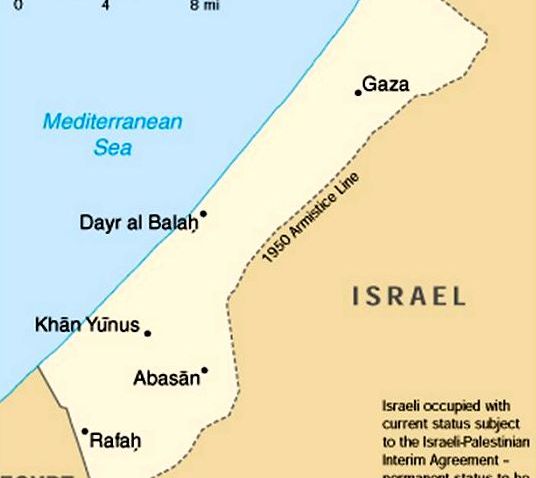As the sun rose over the eastern horizon, casting its light across Israel into the Mediterranean sea, the still-smoking guns fell silent in the Gaza Strip and the surrounding areas in southern Israel. After months of arduous diplomatic efforts by Egyptian officials, and years of rocket attacks, armed incursions and escalating threats, an agreement has been reached between the Islamist rulers of Gaza, Hamas, and the Israeli government. Officially, the "period of calm" is supposed to last six months. If the quiet lasts that long, most people in the region will be very surprised. There are many reasons to predict the ceasefire's end, chief among them, questions about Hamas' control of splinter groups and pressure in Israel for a tough response to new attacks. If a full six months pass without the agreement breaking down, it would constitute a victory for Hamas, demonstrating that it has the ability to control smaller gangs that are even more extremist than the ruling militant party. If the agreement for quiet leads to something bigger, as the optimists hope, it could improve the political fortunes of an Israeli prime minister battling corruption allegations, and bring much relief for the besieged people of Gaza and of Southern Israel.
Why the Israel-Hamas Ceasefire Agreement Happened Now

